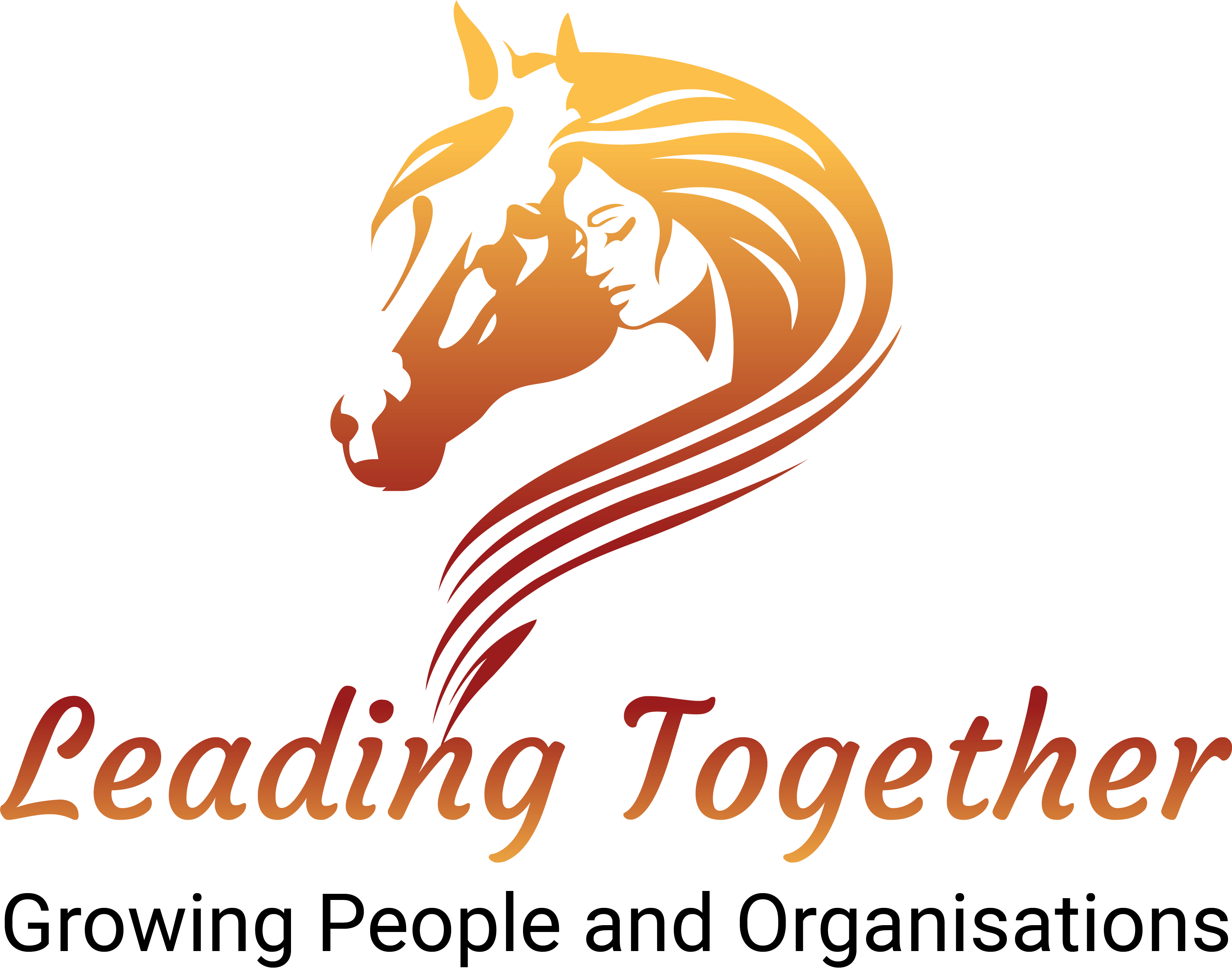I have been managing fundraising teams and organisations for more than 20 years. In that time I have always managed growth regardless of boards, the economy, or the cause. I have been doing a lot of reflecting about why some teams can do well during the same time and others can’t. I think it’s A Fundraiser’s Mindset.
When I listen to my peers and colleagues who haven’t done well during the same period there is a myriad of reasons.
- Natural disasters affected the appeal
- The economy is not doing so well
- The board are not engaged in fundraising
- Staff turnover
- The timing of the campaign was wrong
- The list goes on and on…
The blame game. It’s easy to play but it doesn’t allow you to learn. I have certainly played this game a lot as well, but what I have observed is it doesn’t create innovation or a learning environment. If the reason it didn’t work was some external factors completely out of our control there is nothing we can improve on.
So I started reflecting on what are the things that make good fundraisers? I believe it’s a mindset rather than simply a skill. Don’t get me wrong fundraising is absolutely a craft. And a skill I am proud to say I have honed over a long period of time. But what makes it work.
Passion for the Cause
How many charities can you point to and think of that started with just that? A passion and belief that the world needed something else. Sheer passion in what you are doing and belief that you can make a difference is what changes the world. I don’t believe think anything else will. Without an experienced fundraiser in sight or on the team, somehow small inexperienced charities raised millions of dollars. I think most charities start with a passionate founder prepared to do almost anything for the cause. I think almost all charities started this way.
Gratitude
When we talk about a “donor-centric culture” it gets muddy. I have listened to many people explain it, but the critical piece of the puzzle is a sense of gratitude. If you are simply grateful for all the support regardless you tend to create a “donor-centric culture” by default. It is simple, say thank you and mean it. If you treat people that give to you with a sense of we are in the together and gratitude they will come back. Tell them about how they are making a difference. Share the stories of how they are changing the world and link them into their passion.
Remember that is why they are supporting YOU!
Generosity
I have found those who can and do give, are more comfortable in asking others to give. A generous heart and spirit are people that want to lift others up. You will hear them wanting help and support others. They live in a world of abundance not of scarcity. They share information and resources. These are the people you want on your team. They are your helpers and givers.
GSD Crew
We have talked about the hearts and minds but you also need to Get Shit Done. This is where your GSD crew come in. These people are often task or deadline-driven and as such are probably a little less emotional or heart-led. Their satisfaction comes from the completion of a task or event.
However, it is possible to have all of these traits in one person and they are your superstars. Give them the target, reason, and simply get out of their way. A word of caution for your superstars they can burn brightly but they also can burn out.
So to create A Fundraiser’s Mindset you need passion, gratitude, generosity, and most of all you need to execute the plan well. I am incredibly proud to be a fundraiser and change the world with my Fundraising Mindset.










0 Comments